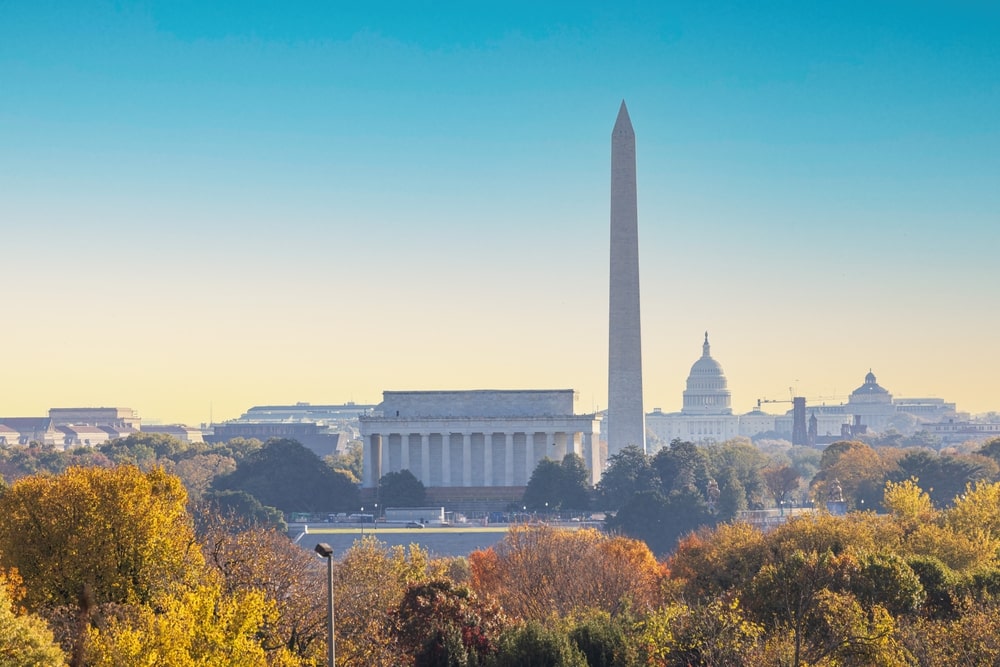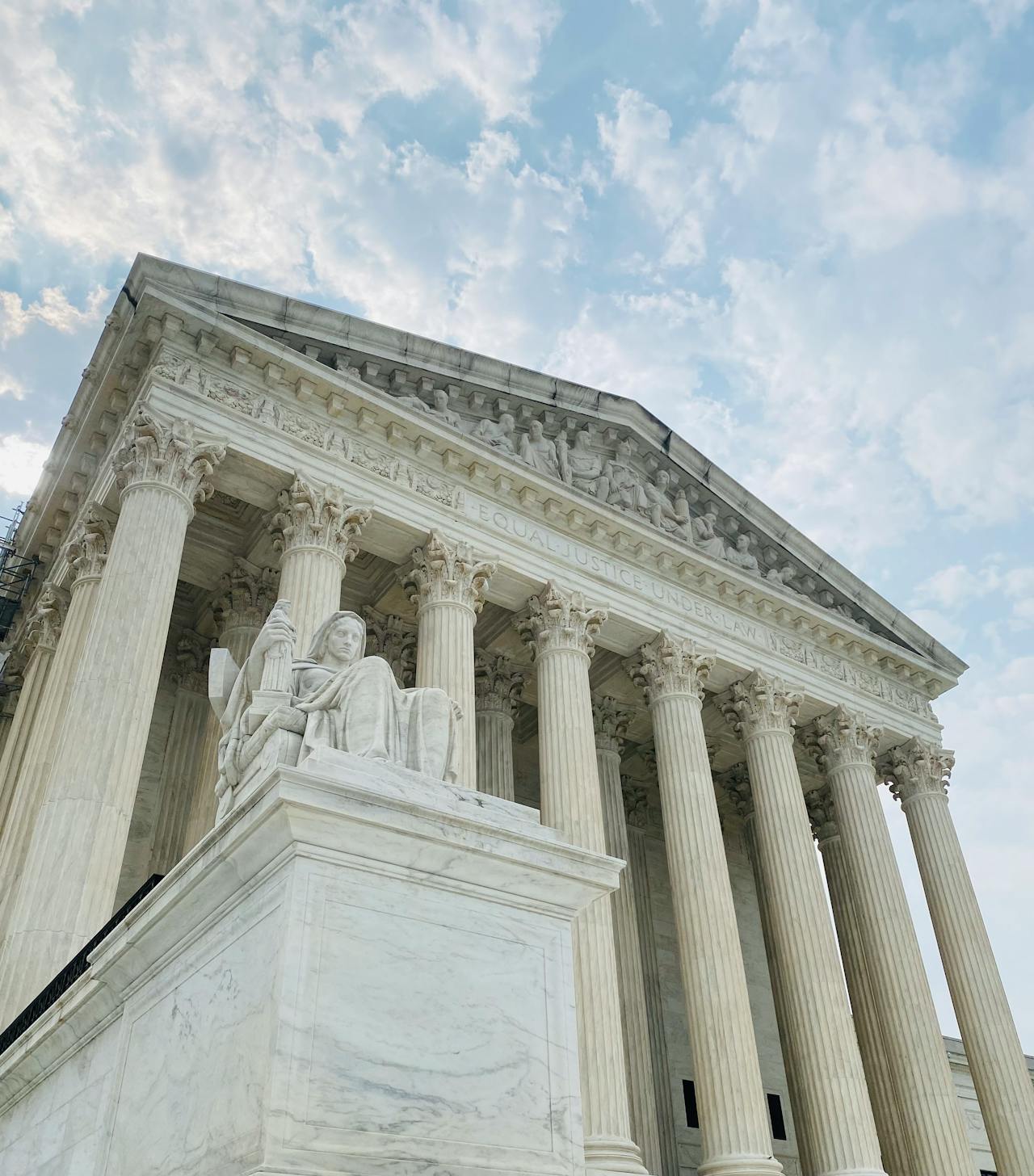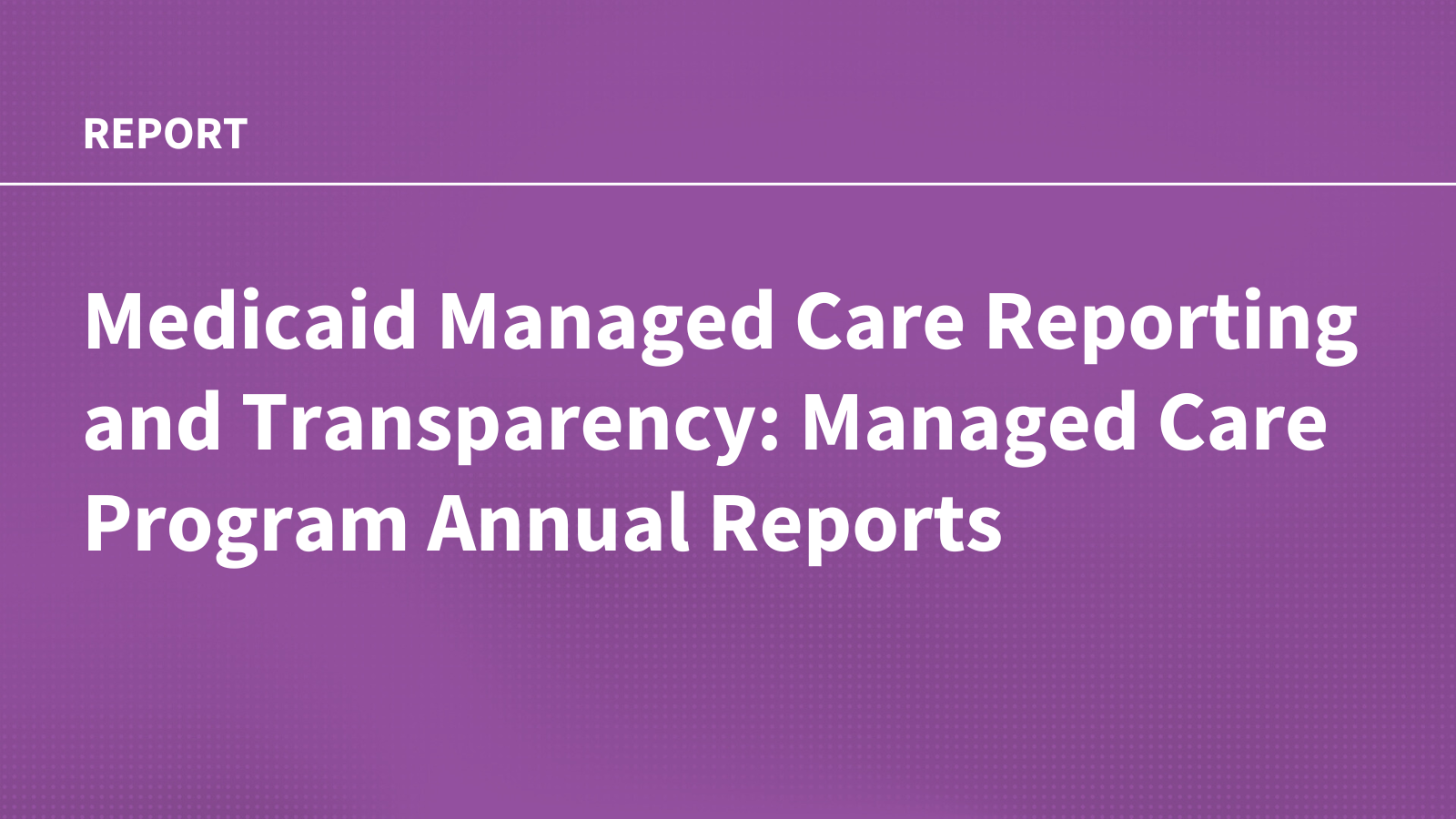In the November 2025 edition of The ICR D.C. Insider, we share our insights and analysis about developments in Washington that — despite the Federal Government shutdown — could have an immediate and long-term impact on your business. Much of the regular activity in Washington – in Congress as well as across the Executive Branch departments and agencies – has slowed considerably, but tariff and trade activity continues, and the SEC offers some relief to would-be public companies stuck in limbo due to the shutdown.
Federal Government Shutdown
- The Federal Government shutdown continues. While there are indications that a deal could emerge on Capitol Hill, significant issues remain. As a result, key regulatory agencies, including the Securities and Exchange Commission (SEC), are operating with limited staffing and most of their core functions are paused.
Supreme Court
- New Term Brings New Priority Cases – As the Court begins its 2025-2026 session, the Justices are slated to hear cases concerning the scope of presidential power, elections, and social issues. On November 5th, the Court is calendared to review President Trump’s sweeping global tariffs, in a case with the highest of stakes for business and for the president’s powers to unilaterally regulate the economy if he deems that a national emergency calls out for him to do so. Another blockbuster case is about the president’s power to fire top people at independent government agencies. President Trump has dismissed an array of these officials, spurning a 90-year-old court decision that said the president can only fire them for specific reasons, such as malfeasance or neglect of duties. The high court has allowed Trump’s dismissals for now, a strong signal that they are preparing to throw out those limits on presidential authority. The one wrinkle is the Federal Reserve. The court has suggested that the Fed, unlike other agencies, is uniquely protected from political interference. The justices in January 2026 will consider Trump’s bid to remove Fed governor Lisa Cook.
Tariffs and Trade
- China – Following the meeting between President Trump and Chinese leader Xi Jinping that included discussions on tariffs, export controls, and a range of other topics, the two sides agreed to delay some of the most punitive trade measures. President Trump said Chinese imports would now be subject to a 47 percent tariff, down 10 percent from the average rate before the meeting. Also:
- China agreed to suspend for a year the tight export controls it had placed on rare earth metals, a move that potentially removes a pressure point on global supply chains.
- President Trump said the U.S. will cut in half a fentanyl-linked tariff, to 10 percent.
- China’s Ministry of Commerce said that the U.S. would extend the pause on reciprocal tariffs for another year. A November 10th deadline was in place.
- Both sides will suspend tit-for-tat measures against each other’s shipping and shipbuilding industries for a year, including suspending port fees.
- China also said it had agreed to “expanding agricultural product trade” and to “properly resolve issues related to TikTok.”
- The President wrote on social media that there may be a “very large” purchase of oil and gas from Alaska by China.
- China said that the U.S. agreed to suspend for one year a new rule that put export restrictions on companies at least 50 percent owned by Chinese firms on its entity blacklist.
- Canada – President Trump said that the U.S. will impose an additional 10% tariff on Canada, a punitive measure in response to an ad campaign that he said misrepresented comments by former President Ronald Reagan about tariffs. Earlier, the President argued that the ad was designed to interfere with the Supreme Court and other courts as they weigh the legality of his far-reaching tariffs. The Ontario government aired the ad on American TV.
- Japan – During a meeting in Japan, President Trump and Japanese Prime Minister Sanae Takaichi signed an agreement to work together on securing supplies of rare earths and other critical minerals, including investing in mining and processing facilities, mapping promising deposits and stockpiling resources for future use. The President also said that Japanese auto giant Toyota is poised to invest $10 billion in auto plants in the U.S., this news coming as Tokyo released some details about the more than half a trillion dollars it has pledged to invest in America.
- South Korea – South Korea said it had reached an agreement on the details of a long-awaited trade deal with the U.S. during President Trump’s visit to the country. As part of the deal, the U.S. will lower import tariffs on South Korean goods to 15 percent from the 25 percent rate that went into effect in August in exchange for $350 billion in South Korean investment in the U.S. The two sides agreed on details of the trade agreement, including a cash investment of $200 billion, capped at $20 billion per year, as a part of the total investment plan, which includes shipbuilding cooperation (South Korea is the world’s second-largest shipbuilder behind China).
- Tariffs on Non-U.S.-Made Products Reconsidered – The Trump Administration is quietly watering down some of the tariffs that underpin the president’s signature economic policy. President Trump has exempted dozens of products from the reciprocal tariffs and offered to carve out hundreds more goods (from farm products to airplane parts) when countries strike trade deals with the U.S. The offer to exempt more products from tariffs reflects a growing sentiment that the U.S. should lower levies on goods that it doesn’t domestically produce.
- Background
- International Emergency Economic Powers Act (IEEPA) – Based on a 1977 law, these are the basis of the reciprocal tariffs that are being challenged at the Supreme Court.
- Section 232 of the Trade Expansion Act of 1962 – This law allows the President to impose tariffs on imports deemed a threat to national security. Tariffs under this authority, such as those on steel and aluminum, are not being challenged in the current Supreme Court case.
- Section 301 of the Trade Act of 1974 – This section allows the President to impose tariffs to combat unfair trade practices by other countries. It was used to levy tariffs on some Chinese goods.
- Background
SEC
- Possible Relief Offered for IPO Filers – The Securities and Exchange Commission (SEC) offered some relief to would-be public companies stuck in regulatory limbo as the government shutdown continues. Companies launching initial public offerings (IPOs) while most of the government is closed will not have to include a specific price in their documents filed with the market regulator, under new guidance the Commission released. The change reduces the amount of information required from companies, which can file paperwork with the SEC and have their statements automatically declared effective after 20 days. This waiting period exposes companies to risks, according to securities lawyers.
- Including ESG-Related Shareholder Proposals in Proxy Statements Reevaluated – SEC Chairman Paul Atkins said the Commission will rethink a federal regulation that requires companies to include ESG-related shareholder proposals in their proxy filings. In a speech at the University of Delaware, Atkins said the SEC’s previous position had driven the “politicization of shareholder meetings.” Atkins also warned Delaware’s leaders directly that they risk driving companies to other states unless they get on board with the Trump Administration’s agenda.
- “Future Proofing” The Deregulatory Agenda – Chairman Atkins – in an effort to avoid “ping-ponging back and forth” as future SEC leaders could view regulation differently – said he plans to enshrine current and expected rule changes, in part, by implementing new rules “early enough.” This will give the private sector time to implement required changes and make the rules harder to repeal or change under future administrations.
- Moving Ahead on Private Markets For 401(k)s – Separately, Chairman Atkins said investors would benefit from private markets inclusion in 401(k) plans “within reason” at the Securities Industry and Financial Markets Association (SIFMA) annual conference.
- Atkins also cited the overall “rulebook” that has grown increasingly lengthy over the years, noting that “it’s time for recalibration” because ultimately investors pay for the costs of the overall regulatory regime. He went on to say that IPOs are not as attractive today because of three main factors: the cost of compliance with burdensome rules; a litigious environment with class action suits; and a hostile corporate governance environment, or what he calls the “weaponization” of the annual general shareholders’ meeting and shareholder proposals. “So, we’re in the process of addressing all three,” Atkins said.
- At the same event, House Financial Services Committee Chairman French Hill (R-Ark.) reiterated his desire to revamp the “accredited investor” definition governing which individual investors can access private markets. Rep. Hill also said Congress may hold hearings on alternative asset access in the defined contribution space, and suggested private market allocations could be beneficial for investors based on their incorporation in defined benefit plans.
Disclaimer: This story is auto-aggregated by a computer program and has not been created or edited by lifecarefinanceguide.
Publisher: Source link
Publisher: Source link










